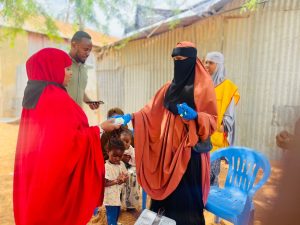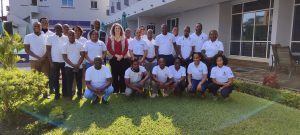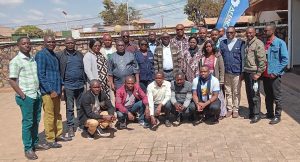Uganda study on adverse events of special interest post Covid-19 vaccination conducts review
-
by
AFENET
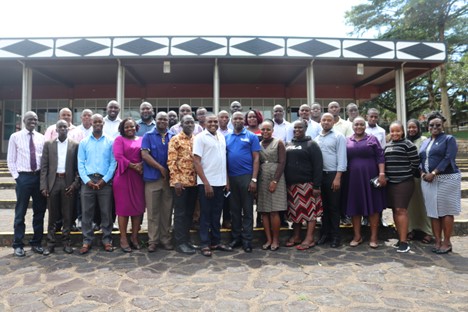
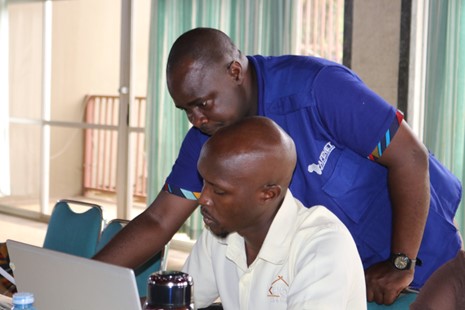
The Hospital-Based Sentinel Surveillance Study for Adverse Events of Special Interest (HBSS-AESI) in Uganda held a four-day (May 21-24, 2024) review and causality validation meeting in Entebbe.
The study is of four vaccine safety projects that AFENET in collaboration with the US CDC’s Immunization Safety Systems Branch supporting in four African countries to support vaccine introduction and immunization safety systems strengthening. The study, which has been running since September 2022, is being implemented in Soroti, Arua, Mbale, and Kabale regional referral hospitals. Other sites include Mulago National Referral Hospital, Naguru, Lacor, and Lubaga hospitals.
According to Dr. Achoda Daniel, the Assistant National Coordinator for Hospital Sentinel Site Surveillance of Adverse Events of Special Interest (AESI) following COVID-19 Vaccination in Uganda, this is the most critical meeting as hospital sites present abstract cases before the national Adverse Event Following Immunization (AEFI) committee for final causality validation of the AESI/AEFI cases.
“This forms the greatest part of the quality assurance of the study and cases from the study sites. Such scrutiny is key for ensuring the integrity of the study and the credibility of reported cases,” Dr Achoda emphasized.
Dr. Christine Kihembo, an epidemiologist with AFENET, explained the review process: “Each of the adverse effects cases undergoes rigorous investigation by selected medical officers before being presented to the AEFI Committee. The committee reviews and validates the cases using globally agreed upon and set standards (Brighton collaboration criteria) thereby contributing invaluable data to the global AEFI surveillance database.”
Dr Kihembo emphasized the pivotal role of post-marketing pharmacovigilance in detecting rare events that might have eluded clinical trials to ensure that the vaccines administered are safe.
This review is critical in time as the study nears its completion. The meeting also aimed to review progress made on the action plans developed by sentinel teams post-February 2024 causality validation; and to foster knowledge and experience sharing to drive continuous improvement. Moreover, refresher training on the study Standard Operating Procedures (SOPs) will be provided to sentinel teams, tailored improvement strategies will be devised for each site, and hospital teams will acquire enhanced skills to ensure vaccine safety surveillance.
Post-meeting, all validated AESIs will be captured in the global AEFI database.
The meeting wasattended by representatives from the AEFI/AESI Committee, National Drug Authority (NDA), Ministry of Health, AFENET, CDC, and WHO.
As the HBSSS study nears its completion, Uganda’s unwavering commitment to public health and vaccine safety shines through. The insights gleaned and improvements implemented from this gathering will undoubtedly serve as a cornerstone in safeguarding public health and strengthening immunization programs in the region.

